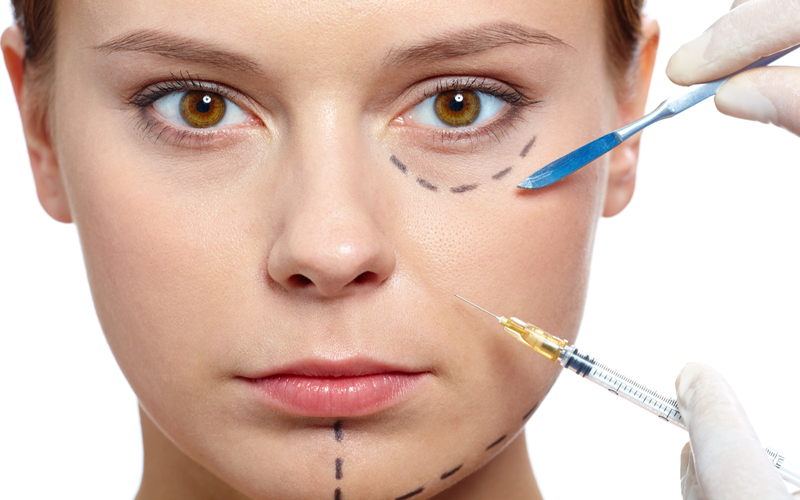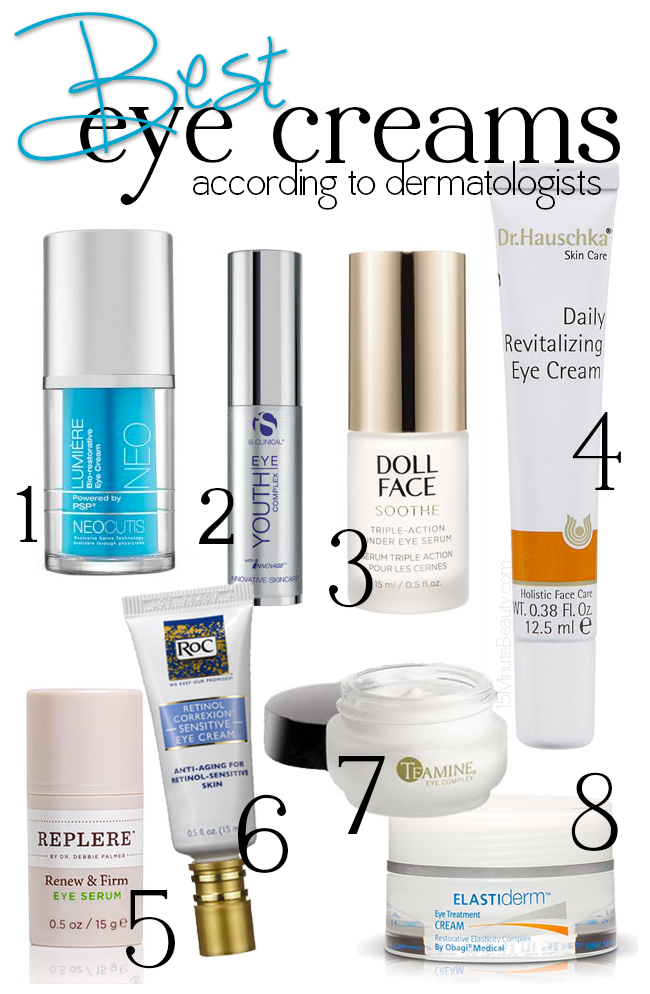The challenge of varicose and spider veins can be intimidating for those who suffer from them. Although it’s always best to consult with a doctor, it’s crucial to be familiar with what treatments are available. Fortunately, there are several treatments that have been proven to be effective when it comes to dealing with these common vein conditions. Read on to discover the most effective treatments available to tackle varicose and spider veins.
Table of Contents
- I. A Peek into Varicose & Spider Vein Conditions
- II. Symptoms & Diagnosis for Varicose & Spider Veins
- III. Available Treatments for Varicose & Spider Veins
- IV. Proactive Steps Towards Optimal Varicose & Spider Vein Health
- Q&A
I. A Peek into Varicose & Spider Vein Conditions
Varicose Veins
Varicose veins are swollen, twisted, and bulging veins which are visible under the skin. They usually occur in the legs and feet – leaving a person feeling heavy and fatigued. In some cases, varicose veins can cause considerable discomfort and could lead to further complications. Some signs of complications include:
- Leg discoloration or darkening of the skin
- Appearance of skin ulcers
- Burning, throbbing, or cramping sensation
The formation of varicose veins can be the result of age, genetics, prolonged standing or sitting, obesity, or pregnancy. In most cases, medical attention is necessary to reduce the risk of further complications.
Spider Veins
Unlike varicose veins, spider veins are incomplete networks of blood vessels. They are generally visible under the skin and appear as small red, blue, or purple veins that create a web-like pattern. Spider veins are caused by a number of factors, such as, hormone fluctuations, prolonged standing, and sun exposure.
They can cause mild discomfort, such as, itching and burning but they usually don’t require medical attention. In some cases, laser therapy, surgery, or sclerotherapy may be recommended. But, lifestyle changes, such as, exercising and eating healthy are the most effective methods of treating spider veins.
II. Symptoms & Diagnosis for Varicose & Spider Veins
Varicose Veins Symptoms
Varicose veins often present with achy, swollen, or tender legs. The veins may appear purple, swollen, and bumpy, sometimes with twisted, bulbous shapes. These symptoms can indicate an underlying varicose vein condition. Other signs and symptoms might include:
- Heavy-feeling legs
- Throbbing, burning, or muscle cramping
- Itching skin or skin discoloration
- Swollen ankles
- Restless leg syndrome
Spider Veins Diagnosis
The diagnosis of spider veins generally begins with a physical exam. Your doctor may look for signs of spider veins and note the severity and pattern of veins. A tissue biopsy or imaging tests might also be conducted to check for deeper venous issues. In some cases, a venous ultrasound is used to assess the superficial and deep venous system. Depending on your symptoms, your doctor may recommend different treatments. Treatments can vary from lifestyle adjustments to minimally invasive procedures and surface treatments.
III. Available Treatments for Varicose & Spider Veins
When it comes to healing varicose and spider veins, there are a variety of treatment options available. Identifying the cause and severity of the vein condition is the first step towards effective treatment. Below are some recommended treatments depending on the needs of the patient:
- Lifestyle Changes: Small changes such as exercising regularly, maintaining proper nutrition, and controlling weight can help ease the symptoms and slow the progression of varicose veins.
- Compression Stockings: These form-fitting stockings are designed to compress your legs, which can improve blood circulation and help relieve pressure from swollen veins.
- Medication: Depending on the cause of the veins, a doctor may suggest taking certain medications to reduce inflammation or improve blood circulation.
For those with more severe vein conditions, more specialized treatments may be required. Such treatments include:
- Endovenous Laser Treatment (EVLT): This minimally-invasive technique uses laser energy to target and eliminate damaged veins.
- Sclerotherapy: Small injections of a special chemical solution are used to shut down damaged veins, which causes them to shrink over time.
- Surgery: Vein stripping and ligation may be recommended as a last resort when other treatments have failed to show improvement.
IV. Proactive Steps Towards Optimal Varicose & Spider Vein Health
To ensure optimal varicose and spider vein health, it’s important to be proactive with preventive measures. Taking steps to reduce the risk of developing new vein problems or worsening existing issues can greatly improve vein health outcomes.
Here are some proactive steps to take:
- Get regular exercise. Physical activity helps improve circulation, easing the strain placed on the veins.
- Maintain a healthy weight. Extra body weight puts additional strain on veins, leading to more accumulation of pressure and a higher risk for varicose veins.
- Elevate Your Legs. Adjustable beds and special pillows to elevate your legs can help improve circulation.
- Stay hydrated. Drinking plenty of water helps maintain normal blood volume, and can help to reduce the risk of developing new varicose veins.
- Don’t cross your legs when you sit. Sitting with your legs crossed can disrupt normal circulation.
- Get consistent rest. Consistent rest helps your body regulate and maintain normal circulation.
For those who already have varicose veins, it may be necessary to wear compression stockings. These are tight-fitting, elastic socks designed to put pressure on your legs to help veins move blood back towards your heart. Compression stockings can improve comfort by reducing leg swelling, aching, and fatigue. Making sure to wear them regularly as prescribed by a physician can help to ensure optimal vein health.
Q&A
Q: What are varicose veins and spider veins?
A: Varicose veins are enlarged, bulging veins, typically appearing on the legs, while spider veins are smaller, reddish or blue veins in clusters, usually seen on the face or legs.
Q: What causes varicose veins and spider veins?
A: Varicose veins can be caused by a number of things, such as heredity, pregnancy, obesity, and standing or sitting for long periods of time. Spider veins are most commonly caused by sun damage, hormones, smoking, weight gain, and heredity.
Q: What treatments are available for varicose and spider veins?
A: There are a number of treatments available for varicose and spider veins, including sclerotherapy, endovenous laser therapy, and radiofrequency ablation. These treatments require minimal downtime and have minimal discomfort associated with them. Some other treatments include lifestyle changes and compression stockings can be useful for improving their appearance.
Q: Are there risks or side effects associated with this treatment?
A: While there are typically minimal risks or side effects associated with the treatments mentioned above, as with any medical procedure, it’s important to discuss the possible risks and side effects with your doctor.
Varicose and spider veins can be treated with the right approach. Taken together, the best treatment for varicose and spider veins is one that combines healthy lifestyle changes with interventions like compression stockings, sclerotherapy, and if necessary, laser surgery. If you feel frustrated by varicose and spider veins, you don’t have to go it alone. Work with your doctor to find a treatment plan that works best for you.


